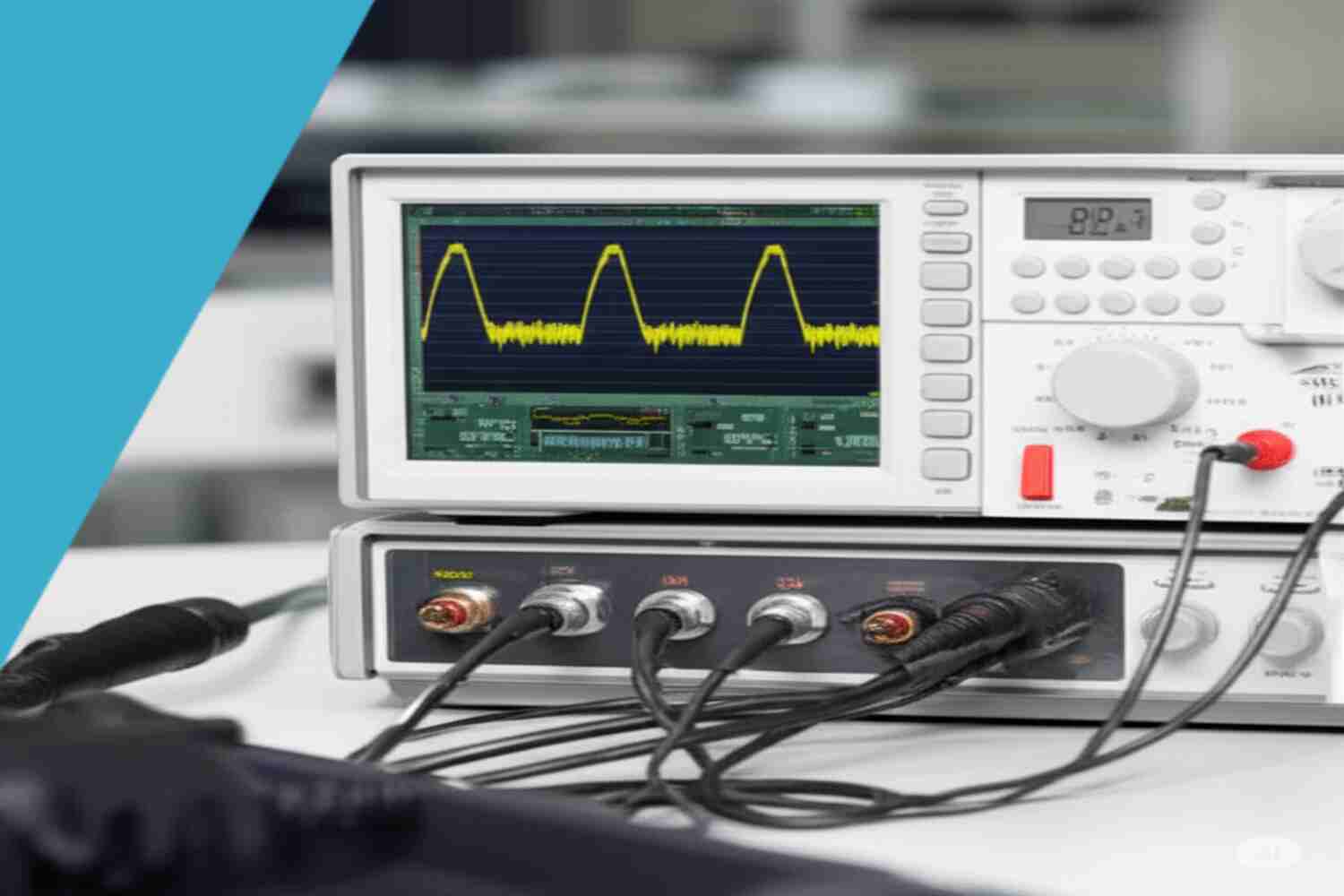
Introduction
Calibration is an important process for any business that relies on accurate equipment, whether it’s in manufacturing, construction, laboratories or the energy sector. In the UAE, where industries operate in fast-paced and high-standard environments, proper calibration ensures equipment performs reliably, meets safety standards and stays compliant with regulations. This blog will give you a complete overview of why calibration matters, how often you should calibrate your equipment, what factors affect calibration frequency and how businesses in the UAE can maintain high standards. Whether you are managing testing instruments, pressure gauges, electrical devices or weighing scales, this guide will help you understand the best practices for calibration in the UAE.
What is Equipment Calibration?
Calibration is the process of comparing a device’s measurements to a known standard to ensure its accuracy. Over time, even high-quality instruments can lose precision due to regular use, environmental factors or aging components. Calibration adjusts these instruments back to their original accuracy levels.
In simpler terms, calibration is like tuning a musical instrument that you need to regularly check and adjust to make sure it plays the right note.
Why is Calibration Important in the UAE?
Dubai and the wider UAE are known for maintaining high-quality standards in every industry. Here’s why calibration is particularly important in this region:
- Regulatory Compliance: Industries such as oil & gas, healthcare and construction are regulated by UAE government bodies that require calibrated equipment to ensure safety and accuracy.
- Safety: In sectors like aviation, electrical and mechanical services, even a small inaccuracy can lead to major safety risks.
- Quality Assurance: Businesses aiming for ISO certifications or international clients must follow strict calibration schedules to maintain quality.
- Cost Saving: Well-calibrated equipment reduces errors, rework and machine breakdowns, saving time and money.
How Often Should You Calibrate Equipment?
The frequency of calibration depends on several factors. However, a general rule is to calibrate equipment at least once a year, or more frequently depending on the type of equipment and usage.
Let’s look at some typical timeframes based on industry practices:
1. Annually
- Common for standard laboratory instruments, industrial meters and general-purpose tools.
- Many ISO standards recommend annual calibration for equipment under regular use.
2. Every 6 Months
- Ideal for equipment used in critical applications like healthcare, aerospace and oil & gas.
- Instruments exposed to dust, moisture, or vibration may require bi-annual calibration.
3. Quarterly or Monthly
- High-precision tools or devices that face heavy daily usage.
- Scales in food production, torque wrenches in automotive and medical devices often need frequent checks.
Factors That Affect Calibration Frequency
Calibration is not the same for every tool or business. Several factors influence how often your equipment needs calibration:
1. Manufacturer’s Recommendations
Every device comes with a manual that provides calibration intervals based on design and expected use. Always check the manufacturer’s guide first.
2. Frequency of Use
The more often a device is used, the more likely it is to drift from its calibrated state. Heavily used machines should be calibrated more frequently.
3. Environmental Conditions
Heat, humidity, dust or vibrations are common in the UAE’s industrial zones and can affect the performance of sensitive instruments.
4. Type of Equipment
High-precision equipment requires more frequent calibration than general-purpose tools. For example, pressure calibrators used in refinery plants may need monthly calibration.
5. Criticality of the Measurement
If a measurement directly impacts safety, quality or financial loss, the equipment should be calibrated more often.
6. Historical Performance
If past records show that a particular device tends to drift or fail often, it may be wise to increase the calibration frequency.
Calibration in Regulated Industries in UAE
Here’s a quick look at industry-specific calibration expectations in the UAE:
Healthcare & Medical
- Devices like ECG machines, blood pressure monitors and thermometers must be calibrated frequently.
- DHA and MOH regulations require hospitals to maintain regular calibration records.
Oil & Gas
- Pressure gauges, flow meters and safety valves must be accurate to avoid risks.
- Many companies follow strict schedules of 3-6 months for critical instruments.
Manufacturing & Construction
- Torque tools, weighing scales and laser levels used in production and construction projects need periodic verification.
- ISO-certified companies in Dubai often follow annual or semi-annual calibration schedules.
Food & Beverage
- Temperature and humidity monitoring devices, weighing scales and pH meters need quarterly calibration to meet food safety standards.
Signs That Your Equipment Needs Immediate Calibration
Apart from scheduled checks, you should also calibrate your device immediately if:
- It has been dropped or physically damaged.
- You notice inconsistent or strange readings.
- It has been exposed to extreme temperatures or moisture.
- It’s being used for a new type of application that requires higher accuracy.
Benefits of Regular Calibration
To run your business efficiently in the UAE, regular calibration brings several advantages:
- Improves Accuracy: Keeps your measurements reliable and precise.
- Reduces Downtime: Early detection of faults prevents breakdowns.
- Supports ISO and Regulatory Compliance: Helps you pass audits and inspections.
- Extends Equipment Life: Prevents wear and tear caused by inaccurate operation.
- Builds Trust: Increases client confidence by assuring quality and performance.
Best Practices for Calibration in UAE
To maintain high standards, follow these best practices:
- Maintain a calibration schedule and log every service.
- Use certified calibration labs in UAE that follow international standards like ISO/IEC 17025.
- Label each device with its calibration date and due date.
- Train your team to recognize early signs of calibration drift.
- Always choose experienced calibration service providers for reliable results.
Conclusion
To sum up, in the fast-paced industries of Dubai and the UAE, staying on top of equipment calibration is not just a best practice, it’s a necessity. Regular calibration ensures safety, performance, accuracy and compliance with local and international standards. How often you should calibrate depends on your equipment type, how often it’s used and the environment in which it operates. Following a well-structured calibration schedule can help your business avoid costly mistakes and maintain its reputation.
At V-Tech Group, we specialize in calibration services for a wide range of industries across the UAE. With certified experts, modern equipment and a deep understanding of regulatory needs, we help businesses stay compliant and operate with confidence. Trust us to keep your instruments accurate, safe and ready for action.



